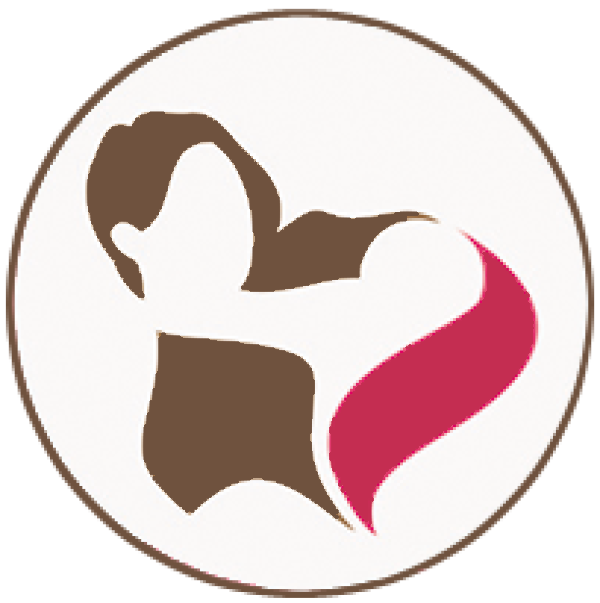Many cultures consider the first 40 days after birth a distinct time in a woman’s life. Referred to as “la cuarentena” in many Hispanic cultures, and the “lying-in” period during America’s past, nursing couples are kept together and cared for in isolation, with others doing their household chores and taking care of older children.
Somehow in modern America, this concept and practice—once key to establishing healthy milk production—have been lost. Rather than planning to spend the early weeks recovering from childbirth and focusing on feeding the newborn, many parents in the U.S. today feel social pressure to “get back to normal” as quickly as possible.
This relatively new attitude has wreaked havoc on lactation and no doubt contributes significantly to the steep drop in early nursing rates. Once well-understood, most parents now give birth with no inkling that nursing involves intense, sometimes constant feeding. As part of the natural order of things, newborns use these feeding frenzies to boost their nursing parent’s milk production from 1 ounce (30 mL) on Day 1 to 25-35 ounces (750-1050 mL) per day by about Day 40, when most reach full milk production.
If new parents don’t understand or expect this intense early nursing, they may assume there’s something terribly wrong. They may be fearful they aren’t making enough milk or decide that nursing is just too much work. They may wean or start supplementing with no idea of what they stand to gain by simply responding to the baby’s feeding cues and surrendering to the experience.
By about Day 40, surrendering to the reality of early nursing usually results in full milk production. But there is more. The baby who once fed for 30 minutes may now be done in 15. The baby who fed 12 times each day may now feed only 8. Over time, nursing usually becomes much less time-consuming than the alternative. Intense early nursing is an investment that pays back many times over.
But parents who surrender to early nursing enjoy another, often unexpected reward: the amazing emotional experience of getting in sync with their newborn. Many describe this as the greatest intimacy they’ve ever known, an experience that can influence parenting for a lifetime. Research has found, for example, that when older babies start solid foods, mealtime battles are less common in nursing families because these parents learned to trust their babies to know what they need and when they need it.1 The trust and sensitivity that nursing fosters enhances early attachment, which is the oil that greases the wheels of parenting for decades to come.
Why are many parents afraid of surrendering to the intensity of early nursing? Ignorance and social pressure are two reasons. Popular but misguided authors warn that letting baby “use them like a pacifier” (see my post on that HERE) will produce children lacking in discipline or at risk for drug addiction. Health professionals unaware of nursing norms may recommend formula as a remedy for frequent nursing. But when—out of fear and ignorance—parents sacrifice or attempt to take control of nursing, they may lose much more.
One mother I spoke with yesterday shared with me her unhappy odyssey through early breastfeeding, which included frequent milk expression so her partner could feed the baby. The extra work of pumping convinced her that breastfeeding was just too hard and she began regularly feeding formula. Now at 4 months, her baby was mostly formula fed and she spent much of her time alone with her baby while her partner traveled for work. She felt regret at this state of things and wondered if she could somehow reclaim breastfeeding. I talked to her about normal feeding patterns in the beginning and afterward and she began to realize that many of her choices made her life more complicated. Because she began our conversation by describing her need as a mostly single parent to simplify her routine, I suggested rather than continuing with regular pumping—which she was still doing even with her partner gone—to just breastfeed more often. As we discussed the resiliency of breastfeeding, I assured her that it was not too late. She told me, “You’ve made me realize I need to rethink some things.”
These moments of insight are not only satisfying, they’re key to becoming a breastfeeding-friendly culture. It’s a good day when we can serve as an antidote to the fear, ignorance, and social pressure that plague new parents. By dispelling the myths and conveying the realities of nursing, we can make it easier for parents to surrender to the experience and enjoy the profound rewards that they and their babies can enjoy.
References
1Farrow, C., & Blissett, J. Breast-feeding, maternal feeding practices and mealtime negativity at one year. Appetite 2006; 46(1):49-56.


